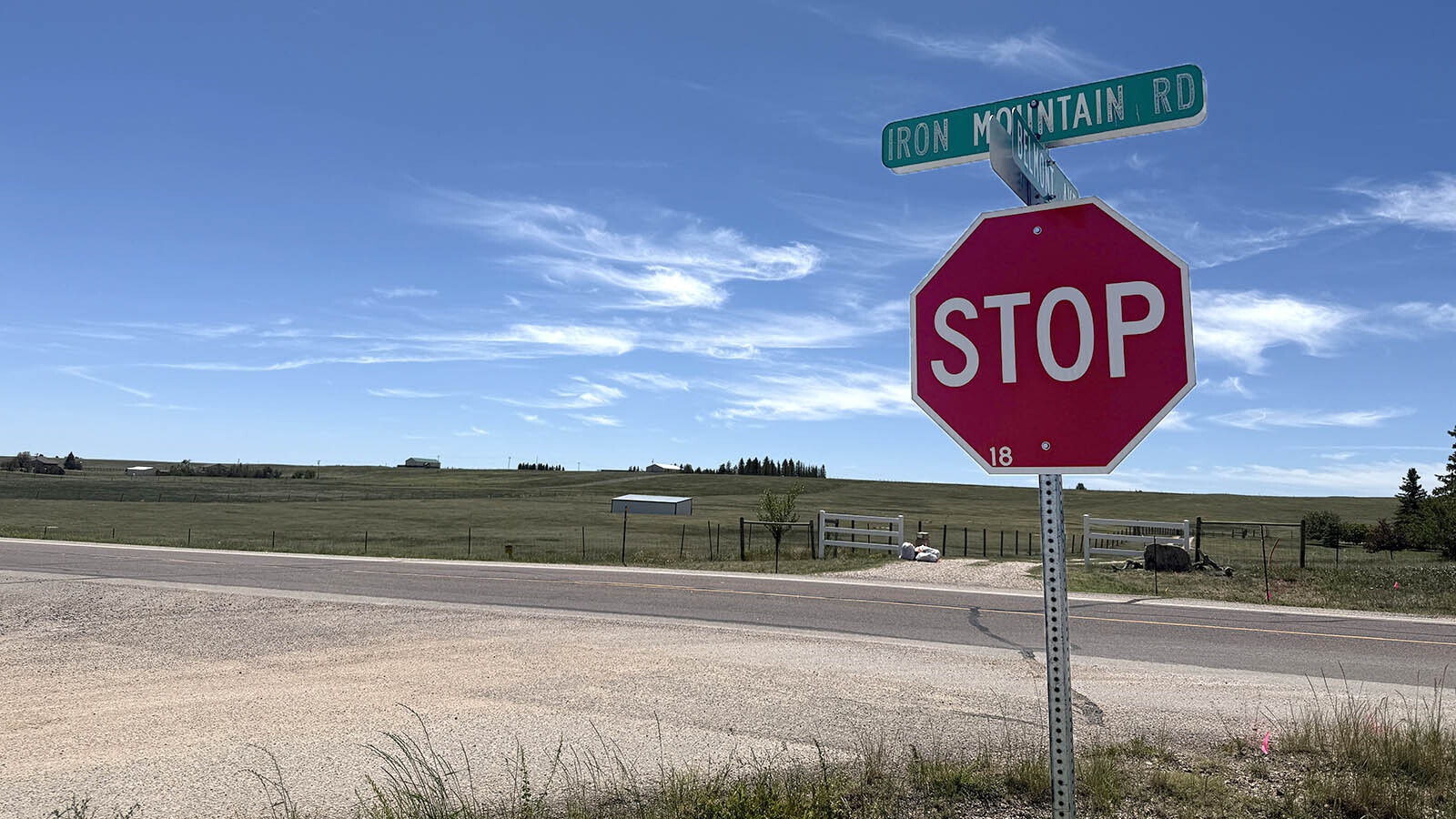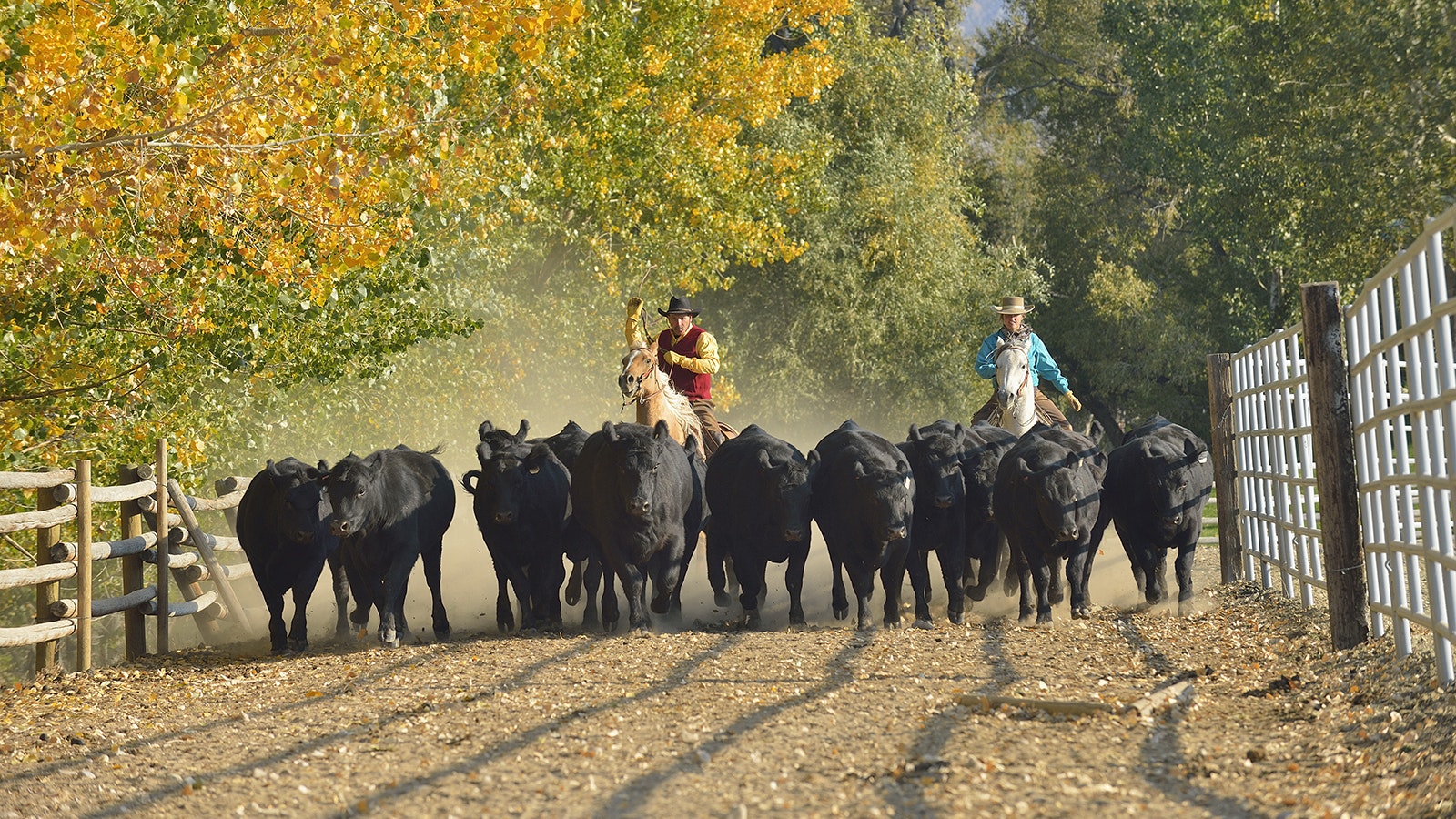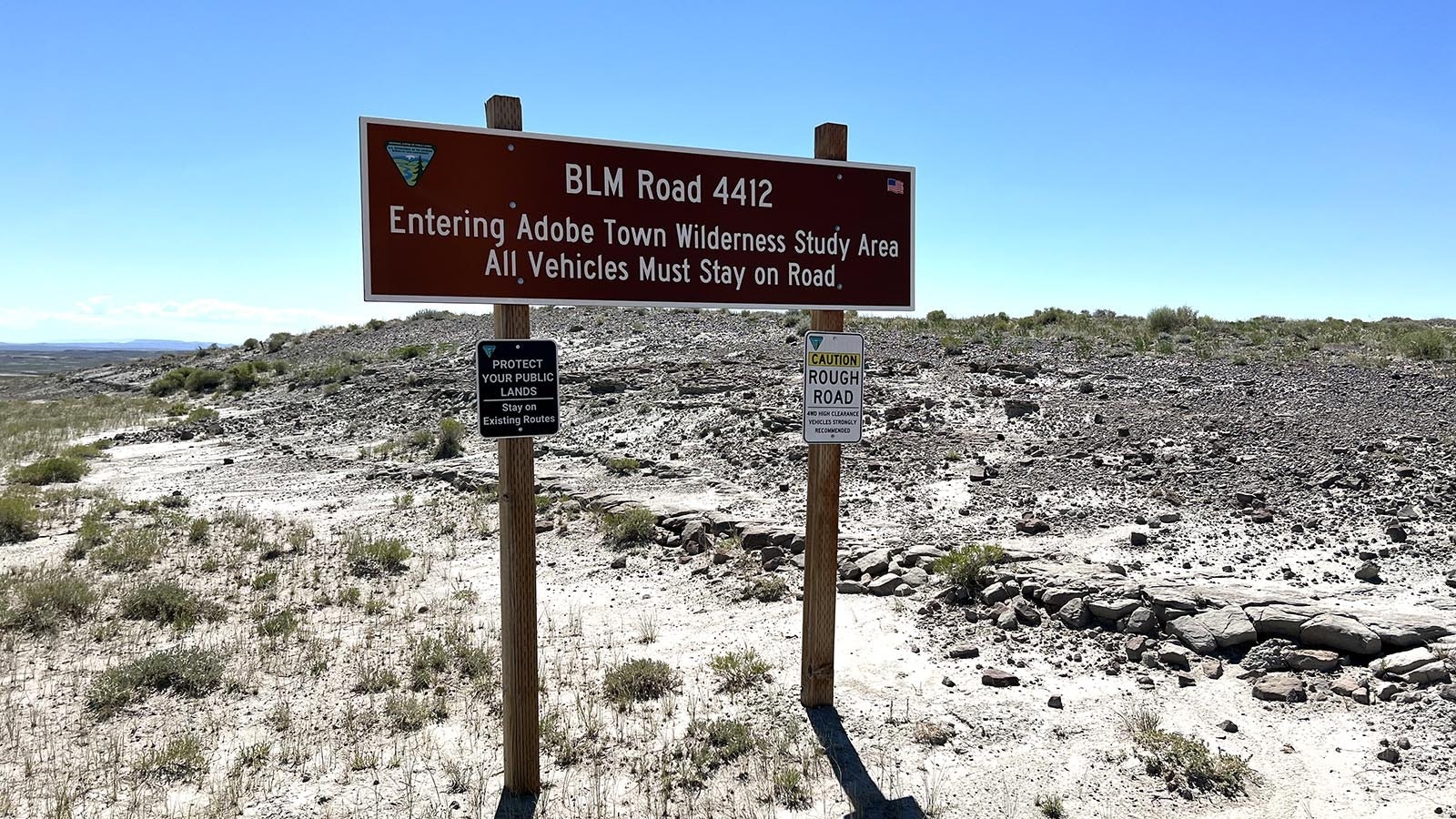A woman convicted of helping a man try to kill police officers while the two led police on a high-speed chase through Cheyenne has lost her appeal of her conviction.
Wyoming’s Supreme Court upheld the 2019 conviction of Chasity Larae Jacobs on charges of aiding and abetting attempted second-degree murder, rejecting her arguments that the jury in her case should have been instructed that it could have found her guilty of a lesser crime.
Jacobs was a passenger in a car driven by Dominique Childers in May 2019 when Childers led Wyoming Highway Patrol troopers and Cheyenne police officers on a high-speed chase that at one point went through the Wyoming Department of Transportation parking lot.
During the chase, shots were fired at pursuing officers by both Childers and Jacobs, according to court records.
Jacobs was charged with being an accessory to attempted first-degree murder and the jury returned a verdict of guilty to a charge of being an accessory to attempted second-degree murder.
Jacobs was sentenced to a term of 25 to 35 years in prison on the conviction.
In her appeal, Jacobs argued the jury in her case should have been told it could have found her guilty of the lesser charge of being an accessory to attempted voluntary manslaughter.
But the opinion, written by Justice Michael Davis, said that for someone to be convicted of attempted voluntary manslaughter, that person must act in the “heat of passion” and without deliberation. The opinion said Jacobs did not seem to be acting in such a way.
“The pursuit lasted 12 to 15 minutes and thus was not a sudden occurrence,” the opinion said. During that period, Ms. Jacobs had the presence of mind to both fire and reload a weapon, acts that required at least some amount of deliberation.”
As a result, the Jacobs’ trial court acted properly when it denied Jacobs’ request for the jury instruction, the opinion said.





